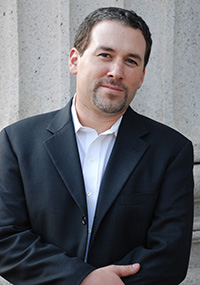Jonathan Schanzer | |
|---|---|
 Schanzer in 2008 | |
| Nationality | American |
| Occupation(s) | Author and executive director, Foundation for Defense of Democracies |
| Website | http://schanzer.pundicity.com |
Jonathan Schanzer is an American author and executive director at the Foundation for Defense of Democracies (FDD). [1] He oversees the work of the organization's experts and scholars.